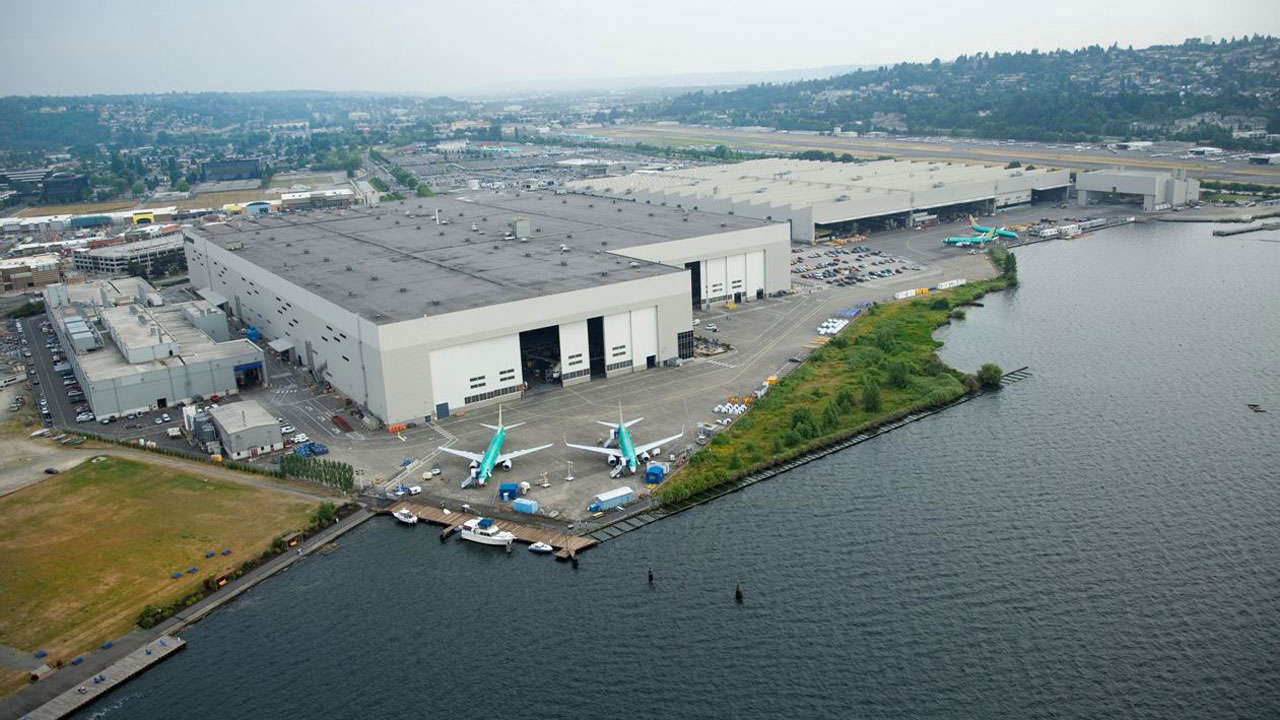Beijing on Monday, April 21, 2025, cautioned its trading partners against yielding to Washington’s demands in the US‑China tariff war by limiting economic ties with China in exchange for tariff exemptions, warning that any compromise of its interests would prompt reciprocal countermeasures.
A spokesperson for China’s Commerce Ministry said, “Appeasement does not bring peace, and compromise does not earn respect,” adding that deals made at China’s expense would “achieve nothing and harm both others and oneself.”
Warning to Trading Partners
China’s stern message follows reports that the Trump administration has sought to pressure allies into isolating the Chinese economy, offering relief from US levies in return for restricting Chinese imports and investment. The Commerce Ministry vowed to “resolutely take reciprocal countermeasures” if any nation entered such agreements.

Xi’s Southeast Asia Outreach
This warning coincides with President Xi Jinping’s three‑nation tour of Vietnam, Malaysia, and Cambodia, where he signed multiple cooperation pacts and positioned China as a reliable defender of free trade, contrasting sharply with the policy uncertainty of the US tariff campaign. Xi’s visit aimed to reassure export-dependent economies that the “reciprocal” tariffs had taken effect, before Washington paused most levies for 90 days on April 9, 2025.
Escalating Tariff Retaliation
Since the US increased duties on Chinese goods to 145%, Beijing has struck back, raising tariffs on US imports to 125% and expanding its export control and “unreliable entity” lists. It has also targeted key American industries by limiting Hollywood film imports and returning Boeing jets bound for Chinese airlines. Both sides now vie to build coalitions of supportive countries.

Global Economic Uncertainty
Businesses and governments are facing a growing strain as trade routes and supply chains wobble under record tariffs, fueling fears of a recession. Many nations are negotiating with Washington to extend or reduce US duties before the 90‑day suspension lapses, even as China courts them with investment incentives.
Expert Perspective
Elizabeth Economy, senior fellow at Stanford’s Hoover Institution, noted that although China is often a larger trading partner for many countries, “the United States is often a much larger export market,” making allies reluctant to choose sides. She also highlighted that Beijing’s concurrent military activities—from live‑fire drills near Australia and New Zealand to assertiveness in the South China Sea—undermine its economic overtures.
For more business News, check PGN Business Insider
















